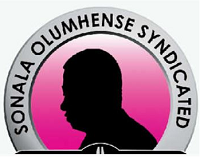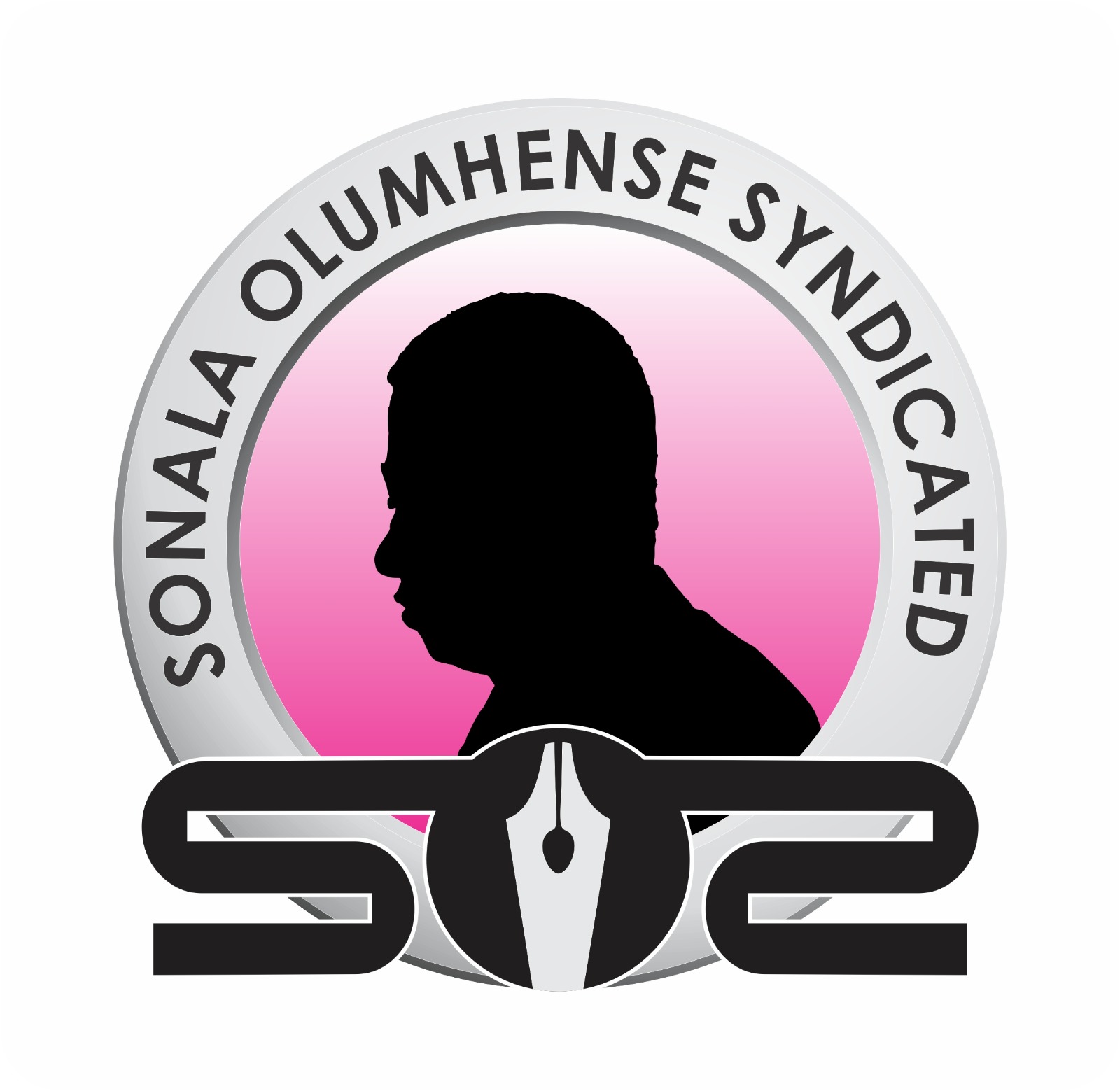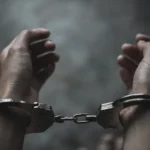Nigeria ruler Bola Tinubu is a man firmly trapped by his own track record. Last week, his predecessor, Muhammadu Buhari, completed his own trap for the man who is also domestically known as ‘Jagaban’.
It was at the launch of a couple of praise books in Abuja for Buhari, and the former soldier who advertised himself as a ‘converted democrat’ took the opportunity to handcuff Jagaban.
“Government is a continuum,” Buhari said, in comments cleverly written for him to help him sustain a ruse he deployed when he occupied the presidential palace. “It is like a relay race. You run your course, and hand over the baton to the next person…”
Mr. Tinubu took the bait, praising Buhari as having served the country with “dedication and uncommon zeal.”
Declaring that he “inherited all his assets and liabilities,” he noted that “President Buhari gave us the second Niger Bridge. He revamped the Lagos-Ibadan Expressway…The Abuja-Kaduna-Kano Expressway, which he started, will be completed by my administration, by the Grace of God.”
To be sure, two years ago, I did congratulate Buhari on the completion of the Second Niger Bridge, which, along with the Lagos-Ibadan expressway and the Abuja-Kaduna-Kano road (AKR), were allegedly his administration’s three key infrastructure interests. Buhari failed to deliver the other two.
In this column on January 17, 2021, I had predicted that, contrary to spreading propaganda, he would not complete AKR and that it would not be completed until 2025. He did not, and the Tinubu government is now promising to complete it this year.
In this never-ending relay race, the point is that it is not important whether Buhari completed any specific infrastructure or not: It is that he proved incapable of the leadership for which he was elected. That was supposed to be a leadership of C-H-A-N-G-E, at which launch he infamously plagiarized the 2008 presidential victory speech of Mr. Barack Obama.
One year into his first term, as he scrambled for a higher international profile, Buhari wrote in the Wall Street Journal, ‘The Three Changes Nigeria Needs,’ in which he acknowledged:
- He had been elected to end corruption and business as usual, and to build an economy that delivers for all Nigerians;
- To tackle the endemic corruption and mismanagement that was crippling the Nigerian economy and corroding trust in its institutions, and that the anticorruption fight was at the heart of combating poverty and improving security.
- That Nigeria needed an accountable government and a public sector that could do more with less.
- His government could not improve living conditions and restore fiscal health without making people feel safe and secure—just as it could not defeat militancy without reducing poverty and dislocation.
As he soaked in the adulation of the world, including a visit to the White House in which President Obama praised him, his government was vociferous in criticizing its predecessor. He signed agreements with the British government and the United Arab Emirates on repatriation of recovered assets and extradition of culpable officials.
In December 2015, President Buhari was at his populist best. “Corrupt acts will always be punished, and there will be no friend, no foe,” he stated.
Vice President Yemi Osinbajo declared that Nigeria had lost about $15 billion, (“more than half of the current foreign reserves”) to fraudulent and corrupt practices in security equipment spending during the Goodluck Jonathan administration. He separately stated that the PDP frittered away $383 billion in four years that it could have spent on infrastructure.
Buhari consistently attacked former President Olusegun Obasanjo for allegedly squandering $16bn on power during his tenure, vowing resolve to probe that administration and get every penny back. He did not.
This is why it was fascinating to hear the interaction between he and Tinubu last week, with Buhari affirming, “We were as transparent and accountable as possible, being aware of the fact that posterity was the ultimate judge.”
In that case, then, let me file just a few of the hundreds of questions hanging in the air, and demand his accountability.
- In November 2015, Buhari told the Nigerian community in Tehran that some former government officials were voluntarily returning illegally acquired wealth, and that they would soon be identified and prosecuted. He never did.
- In 2016, it was revealed that the Central Bank, under the leadership of Godwin Emefiele, had secretly recruited dozens of family members of top government officials, including Buhari, without advertising the positions as required by law.
- After British Prime Minister David Cameron embarrassed Nigeria in 2016 by labeling the country as “fantastically corrupt,” Buhari personally set about pouring Nigeria’s wealth into that country’s medical system.
- Buhari spurned federal courts, which in February 2016and July 2017 ordered his government to publish full records of recovered stolen funds since 1999, including a list of the high-ranking public officials involved.
- Buhari spent “at least 225 days” overseas on medical trips during his tenure, without disclosing his medical diagnosis or how much he was helping himself to. That is called robbery. Consider that just one Special Adviser with him for those 255 days in London would have earned $204,000 (or N102 million) in estacode alone.
- According to a 2020 account by spokesman Femi Adesina, Buhari on at least one occasion as he was about to travel abroad “gave me an envelope which contained foreign currency.” Where did “poor Buhari,” a self-proclaimed “corruption fighter,” find excess cash to deploy as gifts?
- Buhari’s government was so comprehensively corrupt that even an insider, the Transportation Minister Rotimi Amaechi, declared in 2019 that he knew “politicians who have suddenly become billionaires…money that could have been used to improve the lives of citizens.”
- Abubakar Malami, the Attorney General & Minister of Justice, faced widespread allegations of corruption throughout their tenure. Rather than being investigated, he was promoted to presidential son-in-law.
- Where is the accounting for the billions of dollars of rail funds the Buhari government borrowed incessantly for eight years, including about $3bn for the Abuja Rail alone?
- Who owned the “sprawling mansion” at #9 Udo Udoma Street in Asokoro, Abuja, in 2015 that Breaking Times, an Abuja-based newspaper, reported as belonging to Buhari, a claim nobody denied?
- Where is the accounting for the “thousands of forfeited assets” Buhari ordered two of his Ministers to sell? In a democracy, why the secrecy?
- Where are the reports of the three “investigative” committees Buhari set up to pacify the international community in 2016 after the Global Fund declared that its funds were being lootedby Nigerian officials?
- Throughout the Buhari years, Human and Environmental Development Agenda published an annual list of 100 High Profile Corruption Cases in Nigeria “involving N21. 63 trillion and $47.4 billion over the past 15 years.”
This brief photo (and I could continue for days), rather than dubious bridges and highways, is the real image of Nigeria, the real “assets and liabilities” that Jagaban inherits, and he knows it.
The whole world understands it too. Which was why, in 2016, the Wall Street Journal responded to Buhari’s article just two days later, asserting, “Buhari Is Nigeria’s Problem, Not Its Solution.”
Seven words that tell our story: that hypocritical leadership got Nigeria here.
“Dedication and uncommon zeal?” No! More like fake history and lack of ambition.


 Join Daily Trust WhatsApp Community For Quick Access To News and Happenings Around You.
Join Daily Trust WhatsApp Community For Quick Access To News and Happenings Around You.


